Special Features
‘Buy Nigeria’ To Grow The Naira? The Presidency Must Lead By Example
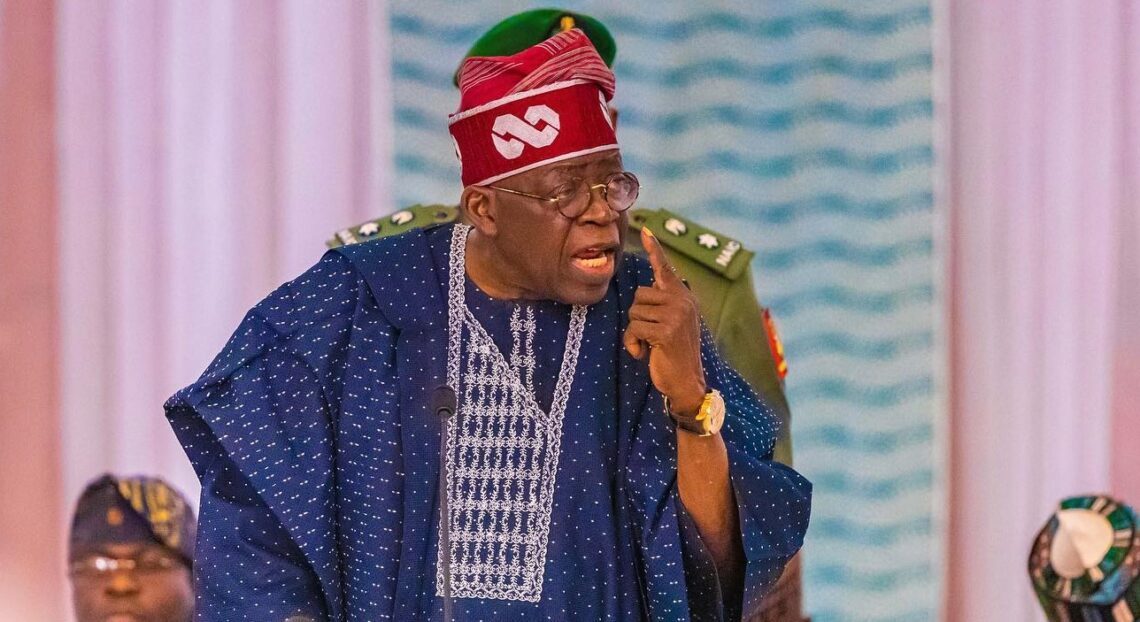
On Friday, March 22, 2024, President Bola Tinubu’s spokesperson, Ajuri Ngelale, held a press briefing at the State House, Abuja, where he called on Nigerians to patronise made-in-Nigeria products and services to sustain the recent gains of the naira in the foreign exchange market.
Without a doubt, it was a good and important message that is critical to strengthening the country’s currency. However, the message was another case of the government saying to Nigerians, “Rules for thee and not for me.” Nigerian government officials are fond of telling Nigerians what to do and then doing the opposite.
EDITOR’S PICKS
For example, on June 12, 2023, President Tinubu addressed Nigerians as they grappled with the economic hardship caused by the removal of the fuel subsidy, telling them that he felt their pain and their sacrifices wouldn’t be in vain. Whether he truly felt or feels the pains of suffering Nigerians is a question this article will not attempt to answer, but note the term “sacrifices.”
It was exactly what the typical Nigerian government official would say: ask regular Nigerians to sacrifice but never join in making any sacrifices. Less than six months after the president’s statement, Nigeria had one of the largest delegations at the COP28 Climate Change conference in Dubai, United Arab Emirates (UAE).
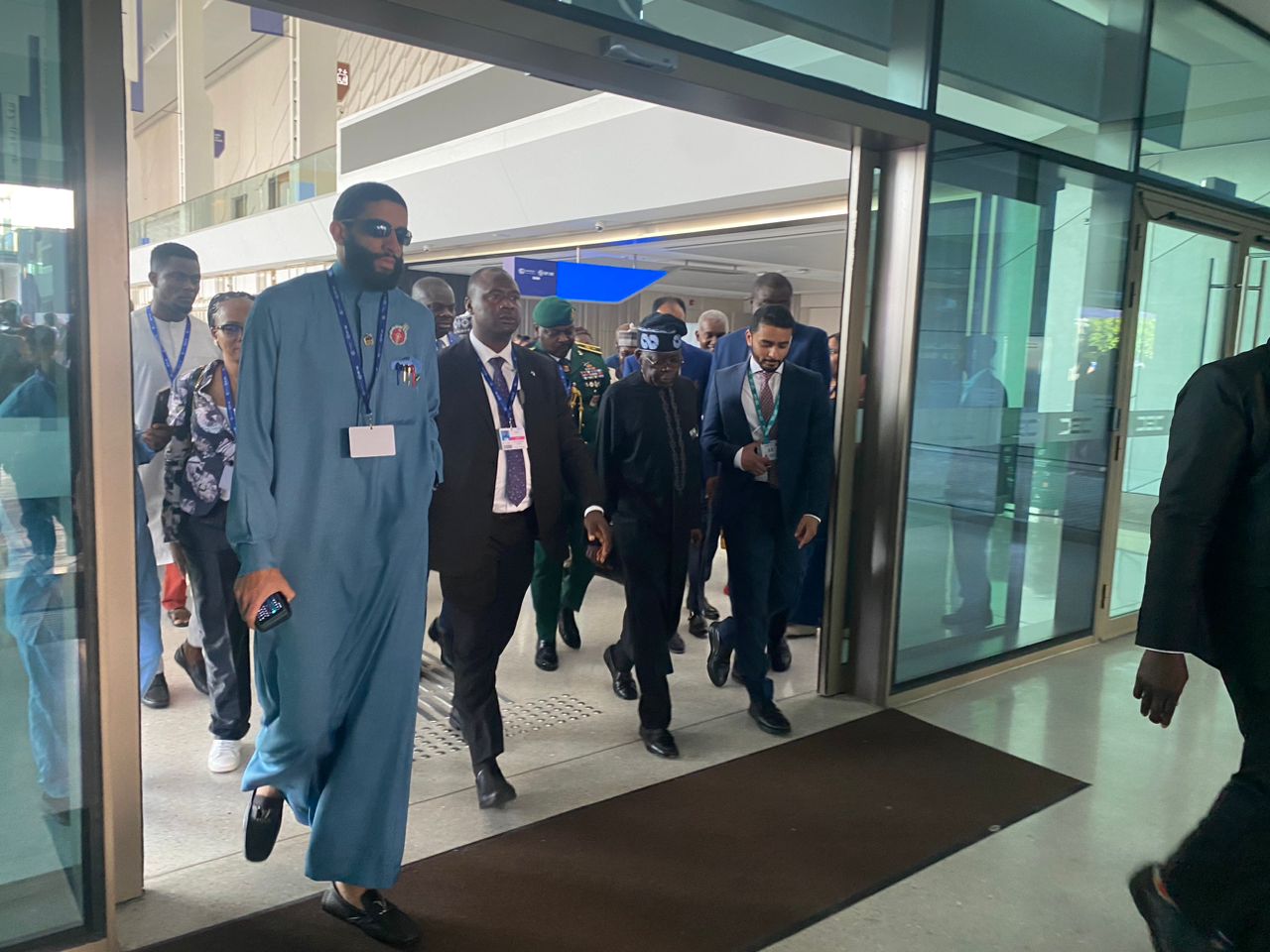
President Bola Tinubu and his entourage at COP28 in Dubai
More specifically, the Federal Government of Nigeria sponsored 422 delegates—more than triple the total number of official government delegations to COP 27 in 2022 (120) and COP26 in 2021 (87). That was a terrible move from a government who asked its people to sacrifice. That was not leading by example.
Commendably, in January, President Tinubu issued a directive on reducing the size of his delegations for local and foreign trips. This month, he also banned government-funded foreign trips by ministers. These decisions followed the public outcry against the large delegation to Dubai in December 2023.
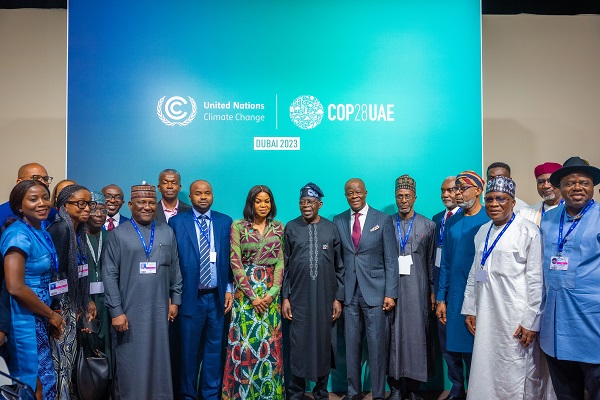
President Tinubu and other government officials at COP28 [PHOTO: Presidency]
For example, in October 2023, members of Nigeria’s national assembly took delivery of bulletproof SUVs as Nigerians were asked to persevere in the face of biting economic hardship. Forget the insensitivity of these purchases for a minute and ponder over where they came from. Yes, you guessed right; they were imported. What a brilliant way to strengthen the naira.
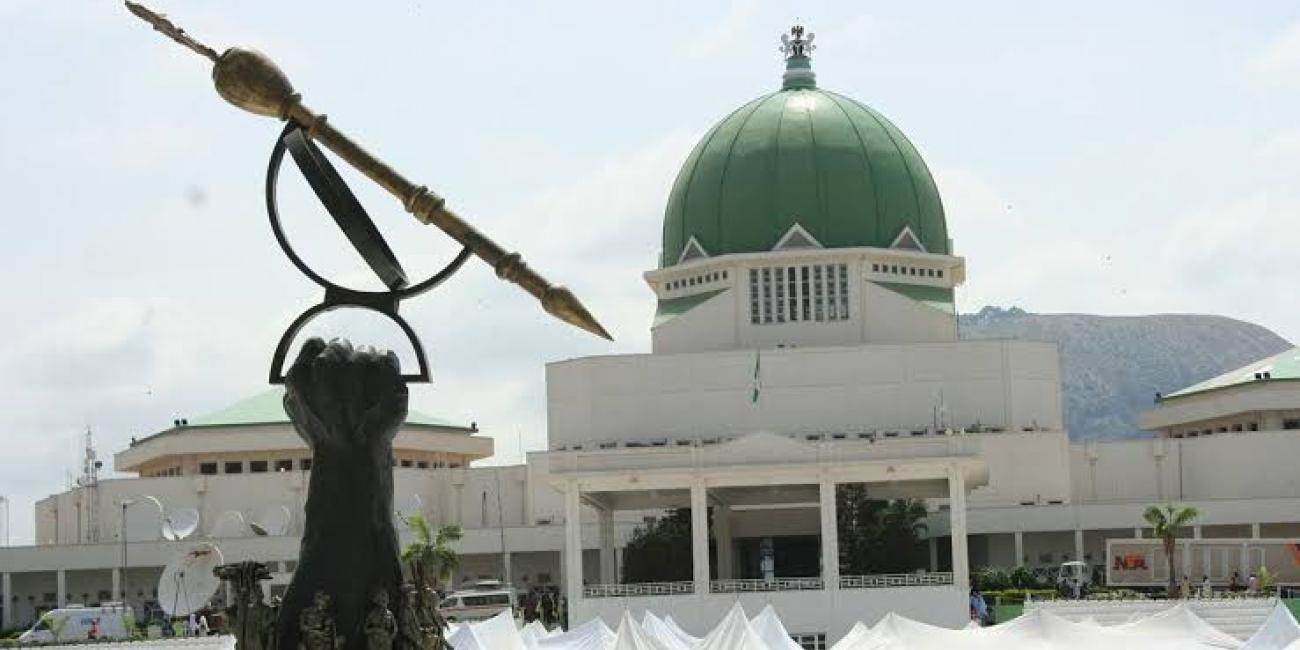
National Assembly
Also, ask yourself how many vehicles in President Tinubu’s convoy are made in Nigeria. Does he receive his medical services in Nigeria? In short, the government must show that it is also willing to buy made-in-Nigeria products and services before asking Nigerians to do the same.
Moreover, it is not as if Nigerians go to the market and ask to be sold imported goods. When local goods are low quality or too expensive, people will ordinarily not patronise them. Therefore, it is up to the government to support local food producers and manufacturers in producing high-quality goods and services at competitive prices. Then, Nigerians can be motivated to buy local products. In essence, the government must do the hard work of enhancing the ease of doing business instead of springing its responsibilities on citizens as is often the case.
FURTHER READING
Finally, the presidency must call on the entire federal government and state governments to lead by example in patronising local goods and services. When the leaders lead, the followers will follow.
Click here to watch video of the week:
Advertise or Publish a Story on EkoHot Blog:
Kindly contact us at ekohotblog@gmail.com. Breaking stories should be sent to the above email and substantiated with pictorial evidence.
Citizen journalists will receive a token as data incentive.
Call or Whatsapp: 0803 561 7233, 0703 414 5611


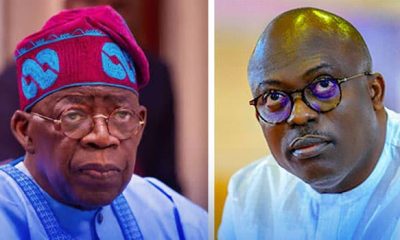



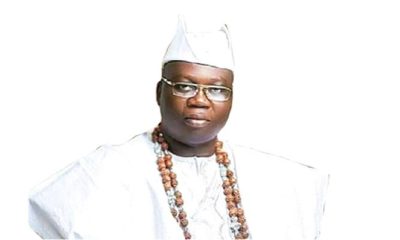

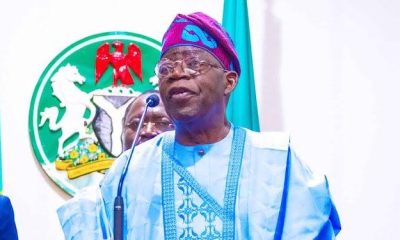

![Tinubu Approves Fresh Appointments [Full List]s](https://ekohotblog.com/wp-content/uploads/2025/03/tinubu-1-768x447-1-400x240.webp)
![Tinubu Approves Fresh Appointments [Full List]s](https://ekohotblog.com/wp-content/uploads/2025/03/tinubu-1-768x447-1-80x80.webp)







